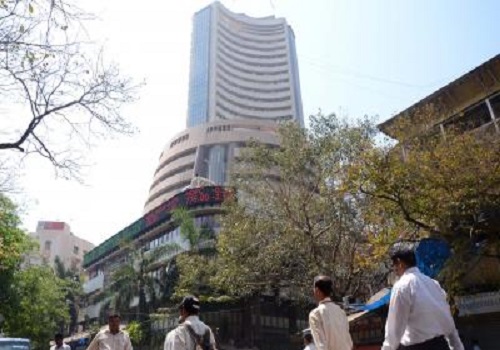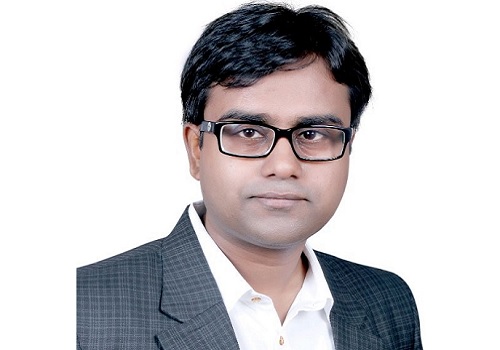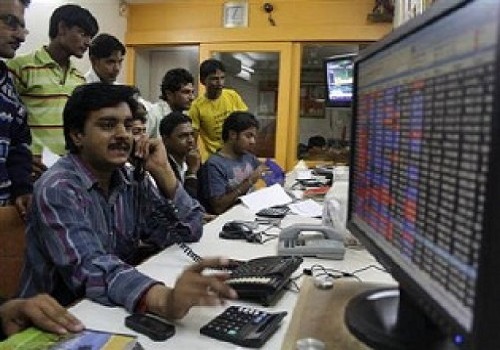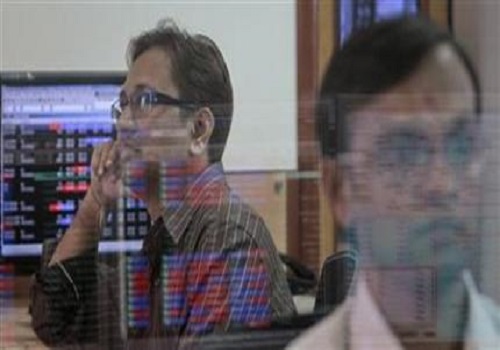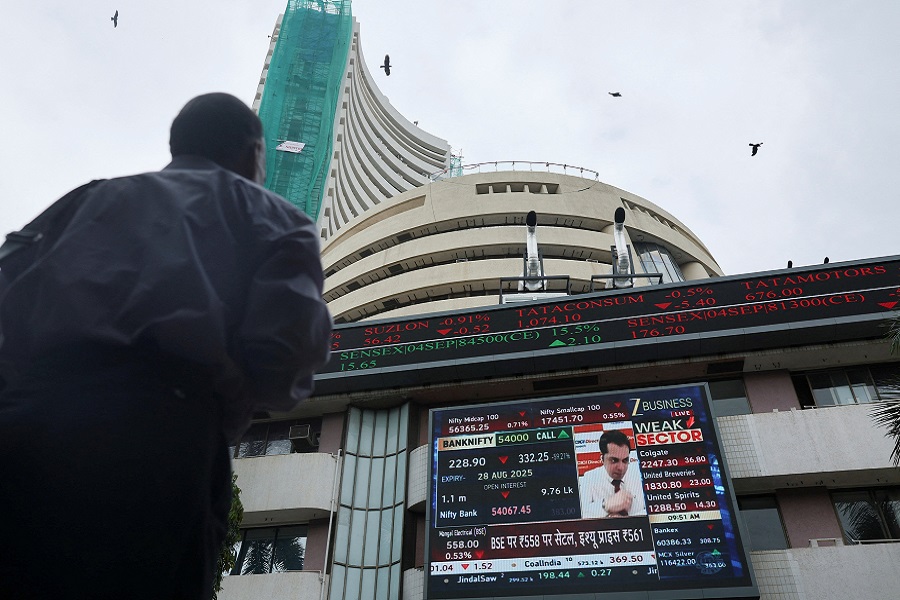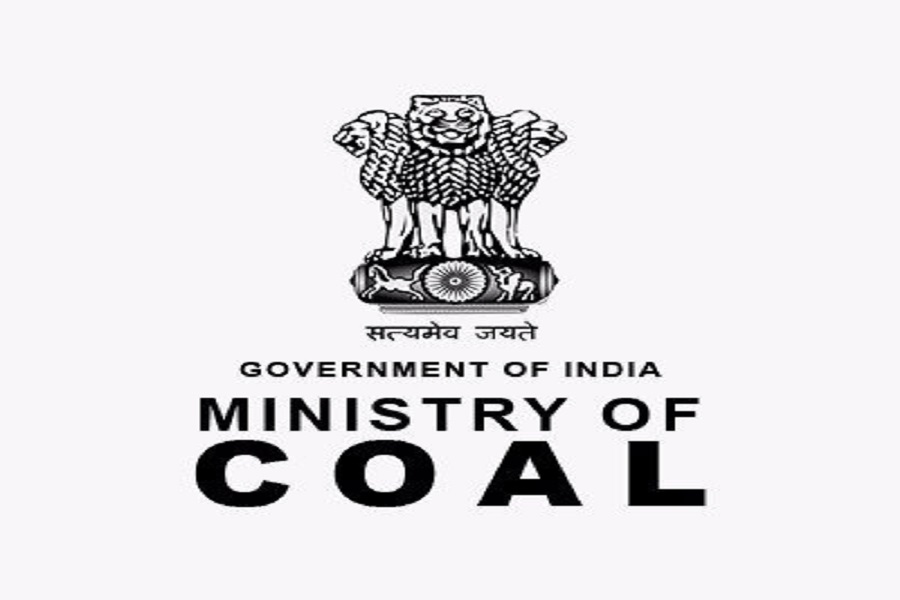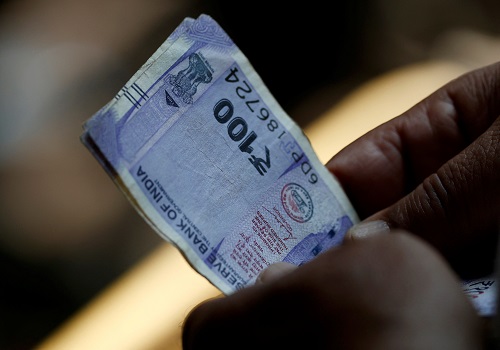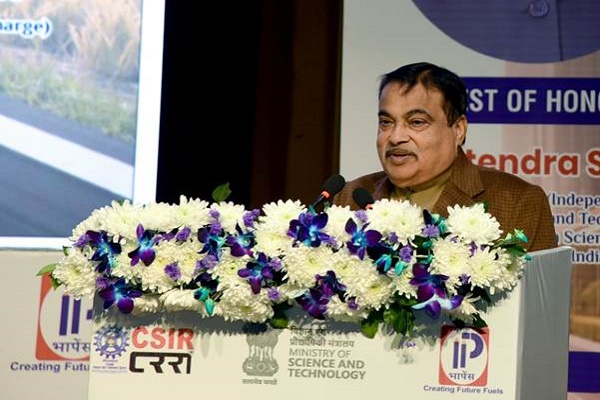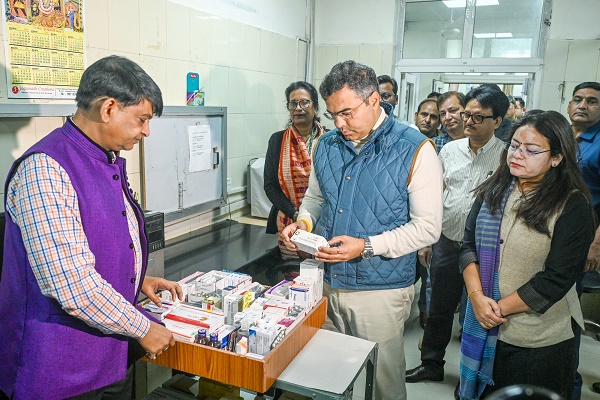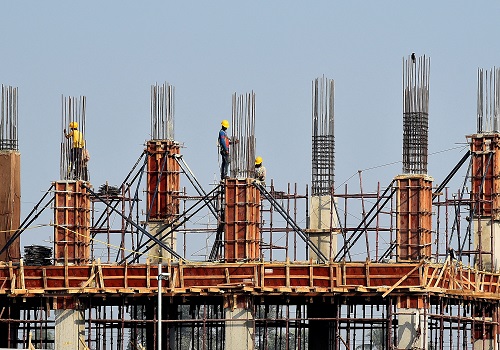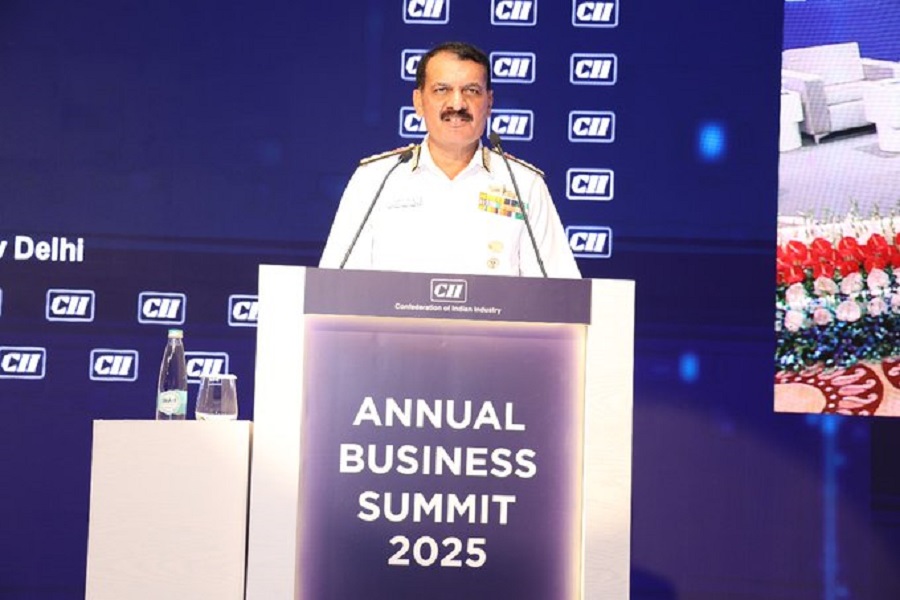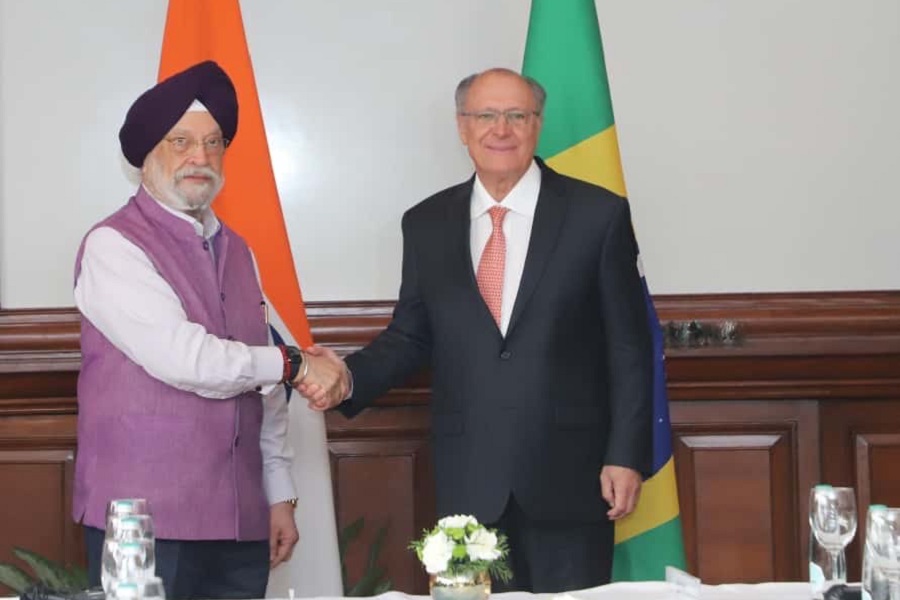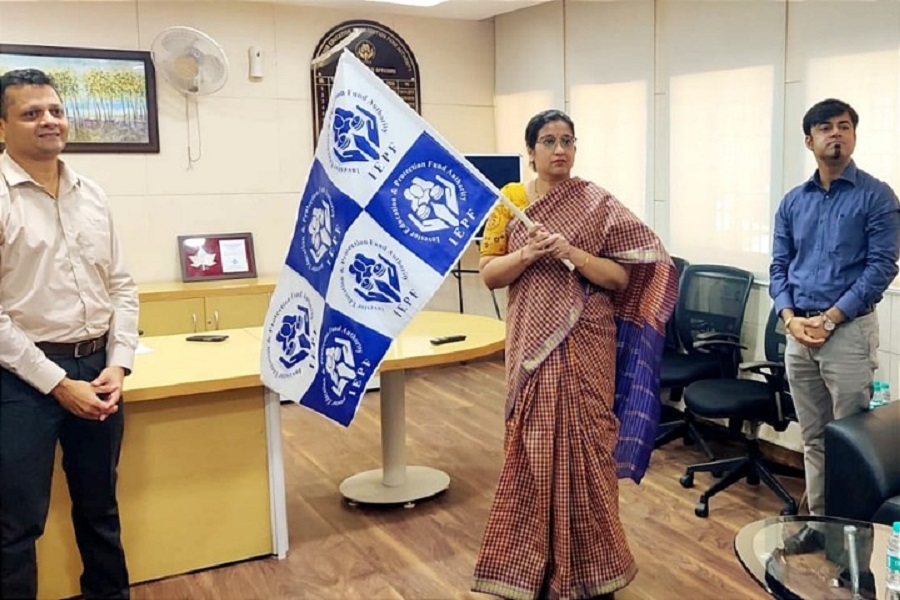Out of My Mind : An Ideology-Free Democracy by Lord Meghnad Desai, Elara Capital
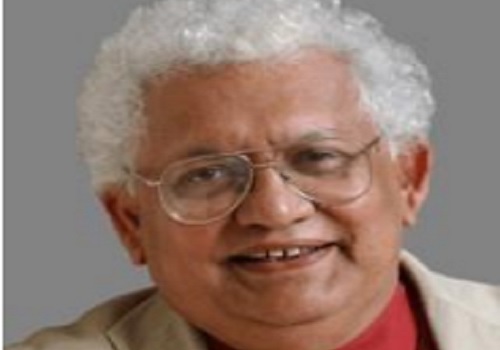
India has had universal franchise since its inception as a Sovereign Democratic Republic in 1950 (it took the US until 1965). There have been regular elections as required constitutionally except once in 1972 when Indira Gandhi declared an Emergency (using available legal procedures), which allowed her to stretch the Parliament beyond the due date. This year will be India’s eighteenth General Elections, 72 years after the first one in 1952. The elections in India are unusual in that the poor participate more eagerly in voting than the better off, and the rural voters more than urban.
India has at least 50 political parties, which at any time can hope to have at least one, if not more seats in Lok Sabha, the Lower House of the Parliament. Obviously, there are about 10 or 15 parties which would score in the double digits and 1 or 2 (although doubtful this time) in the triple digits. There are a total of 545 seats, and 363 is required for a two-thirds majority. It is this majority, which enables the party in power to amend the Constitution.
An interesting example of a majority government using its power to amend was under Rajiv Gandhi, who was Prime Minister during 1984-89. Rajiv became the Prime Minister by accident. Indira, his mother, was shot by her security guard in 1984. His mother’s death catapulted him in office of the Prime Minister. Rajiv proved to be a success. He won elections with the highest proportion of popular vote and the largest number of seats in 1984 (of course, the sympathy vote helped).
Rajiv is remembered for his technical knowledge of cybernetics, a modern managerial approach, and a liberal economic policymaker after years of harsh regulations. His most far-reaching move was to pass a Constitutional amendment, which stipulated everyone contesting a Parliamentary seat had to sign the statement that they believed in Socialism. Everyone included the presumably Right Wing reactionaries. This amendment has never been challenged. Obviously, if everyone claims to be a Socialist, the label has lost its meaning. This peculiar amendment was accepted without much debate as it meant either India had become totalitarian or that no one took the commitment to Socialism seriously. It has turned out to be the latter.
Indeed, India’s democracy is an ideology-free territory. At Independence, there were Parliamentarians who were Socialists and Communists, imitating their British counterparts. There was briefly the Swatantra (Independent) Party, which followed a Right Wing Libertarian line. But, in the period after the Emergency, within 10 years, new parties emerged that currently crowd the field, which is free of ideologies as one is used to in the West. These parties arose in 1977 during the elections called by Indira. They formed a single Coalition apart from the Western-style and Left-leaning ideological parties, which stayed with Indira. The Coalition called Janata (People) had Hindu Nationalist parties as well as regional formations. It won elections. This was a major event in India’s democracy with the defeat of the Congress, which had hitherto the honour of having delivered the country’s Independence. Fighting an Emergency during which they went to jail, the Opposition politicians were able to claim this as the second battle for Independence.
One of the effects of transformation of the Congress into a family firm was that this became the model for political parties. In the decades that followed, parties sprung up when someone with established reputation could start a party with his (rarely her) extended family. He would appeal to his sub-caste (Jati) kins and reap votes in that region. The weakening appeal of the Congress, especially in North India, the most populous part and the cow belt, has been due to proliferation of such parties.
One aspect of this phenomenon has been that most parties exploit the differences in status and culture of castes and sub-castes among Hindus. It was during the brief tenure of one such party, which came into power with outside support from other parties that a Committee named after the Chairman authored the Mandal report which found that economic and social deprivation among the Hindu majority can be related directly to the status of the Jati in the hierarchy of castes, thereby relating poverty to caste status rather than narrow economic circumstances of social structure within Hindu parties. This appealed to their special clientele and induced them to vote so that their kin can get access to power, which, in turn, gives them access to goods and favours (government jobs) they can secure. It matters not whether they are part of the government although that helps.
Being in the Legislature is enough to secure access to ministers who allocate public resources.
It is at the level of parties fighting for three-digit number of seats that ideology or rather the story of why India is a nation matters. Currently, there is only the BJP in that position. How long it will remain there is what this election will tell us.
Please refer disclaimer at Report
SEBI Registration number is INH000000933
